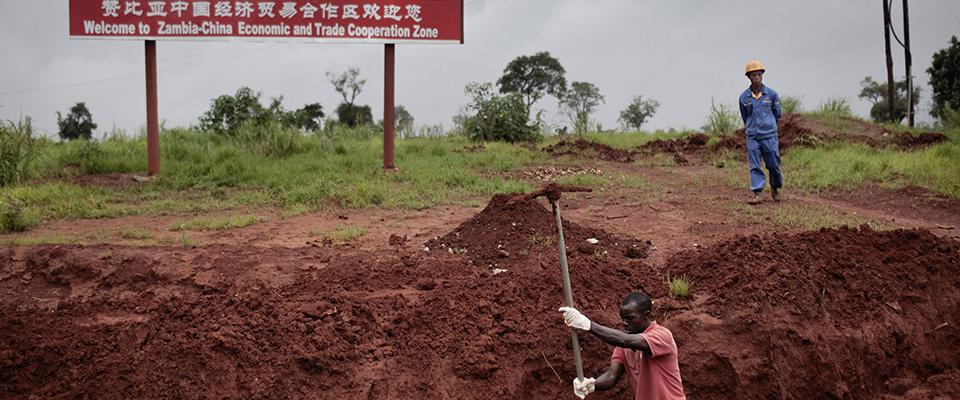Nothing is free, least of all money, so when Japan pledged $32 billion in support to Africa at the 5th Tokyo International Conference on African Development, what were the motives? Are they any different from those of China, currently one of Africa’s biggest investors?
Experts and news sources speculate that in fact China’s increasing influence on the continent may have prompted Japan’s proposed five-year investment of public and private support. Or it may have been the recent nuclear disaster, which has left Japan dependent on oil and gas imports.
“Japan does see China’s growing influence in the continent, and would like to keep its presence there. Africa also has mineral resources that Japan would like to be able to access,” says Eric Harwit, Ph.D. ’92, a professor of Asian studies at University of Hawaii at Manoa. Harwit was also interviewed by Glen Martin for our Summer 2013 feature on China’s global reach.
But while China’s methods of gaining a foothold in Africa are clear, Japan’s are less distinct. “China targets projects that can tap mineral resources, with infrastructure addition as a by-product. China also sets up low-cost communications networks in Africa, using Chinese companies’ technology and equipment,” explains Harwit.
Japan ties its aid in with Japanese companies, according to Harwit. This might be evidenced in the TICAD’s commitment to provide 1,000 internships to Africans via Japanese companies, but overall the connections to resources are not as clear.
Harwit also cites political motives behind Japan’s aid. Japan has been trying for years to achieve a permanent seat on the United Nations Security Council, and African votes would aid Japan in reaching this goal.
Overall, Chinese and Japanese financial commitments are a testament to Africa’s growing appeal as both market and business partner. One can only hope that decades from now, after the money clears, Africa will emerge with something more than an economic colonialism.
—Danielle Lim




















